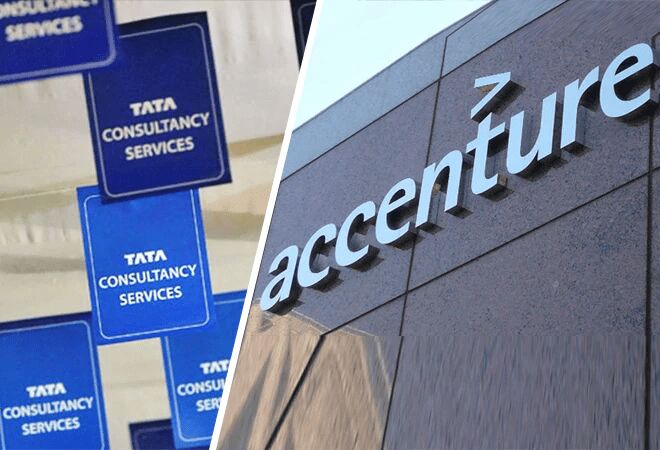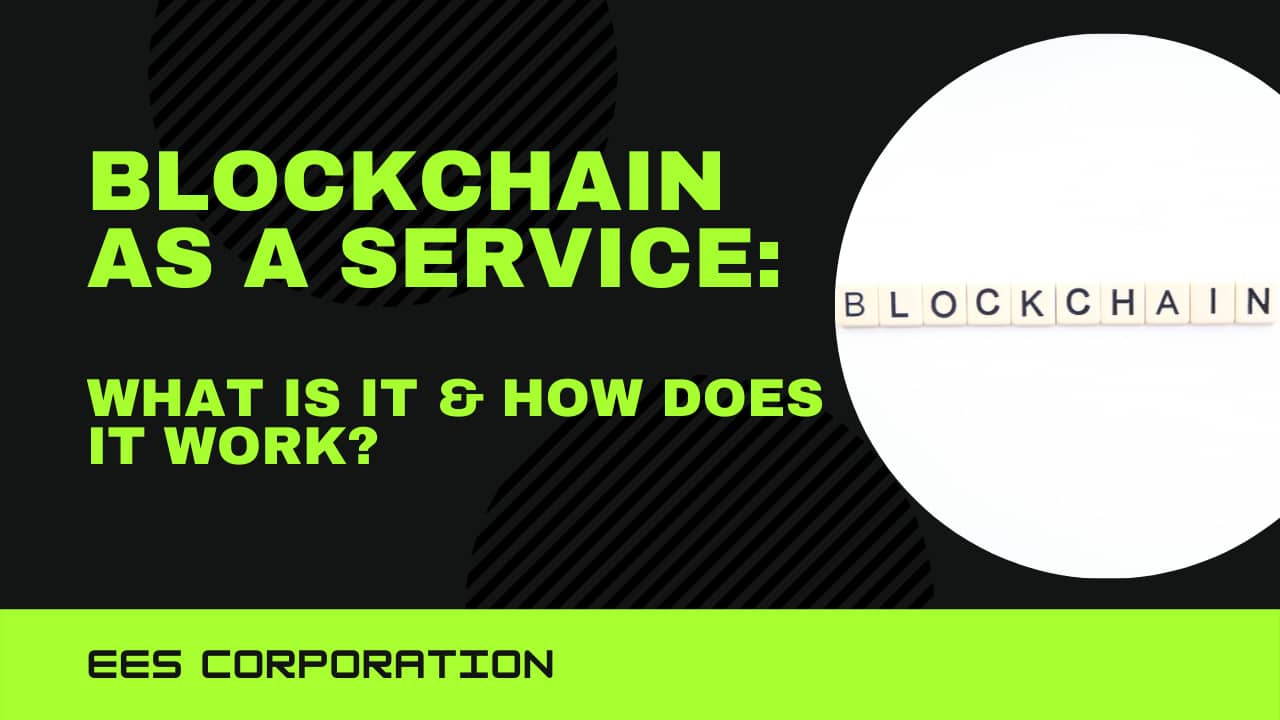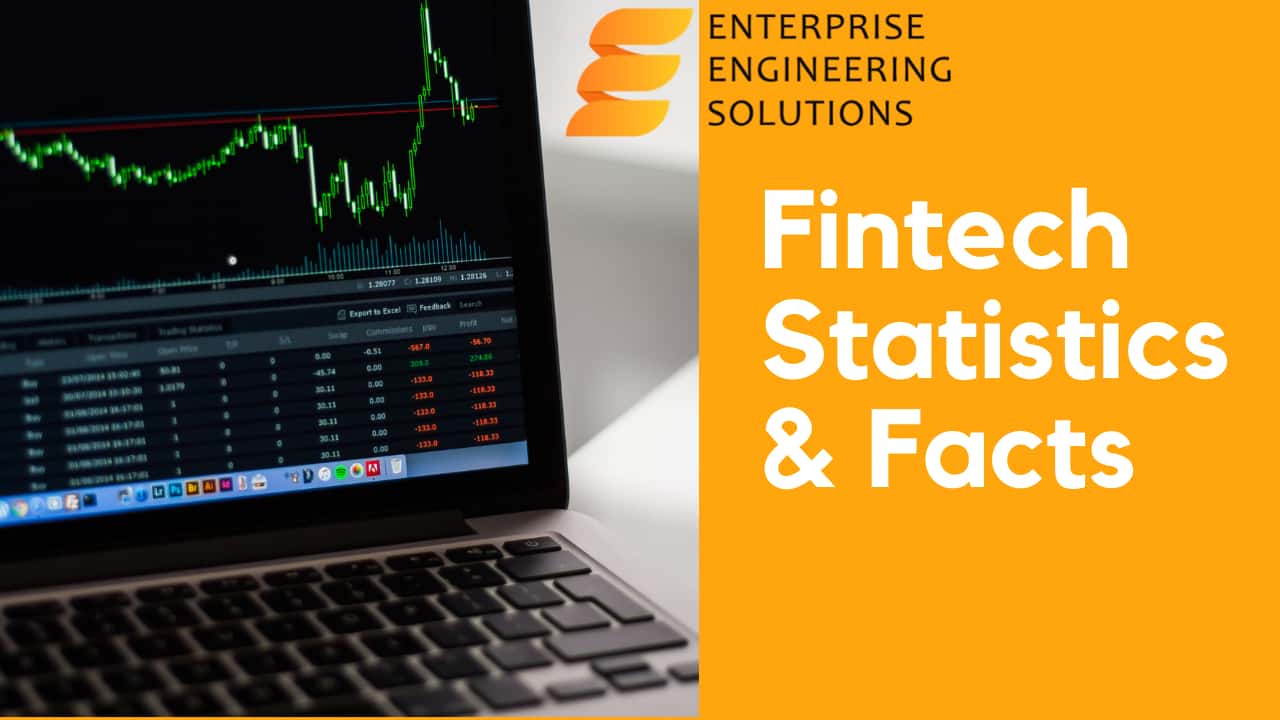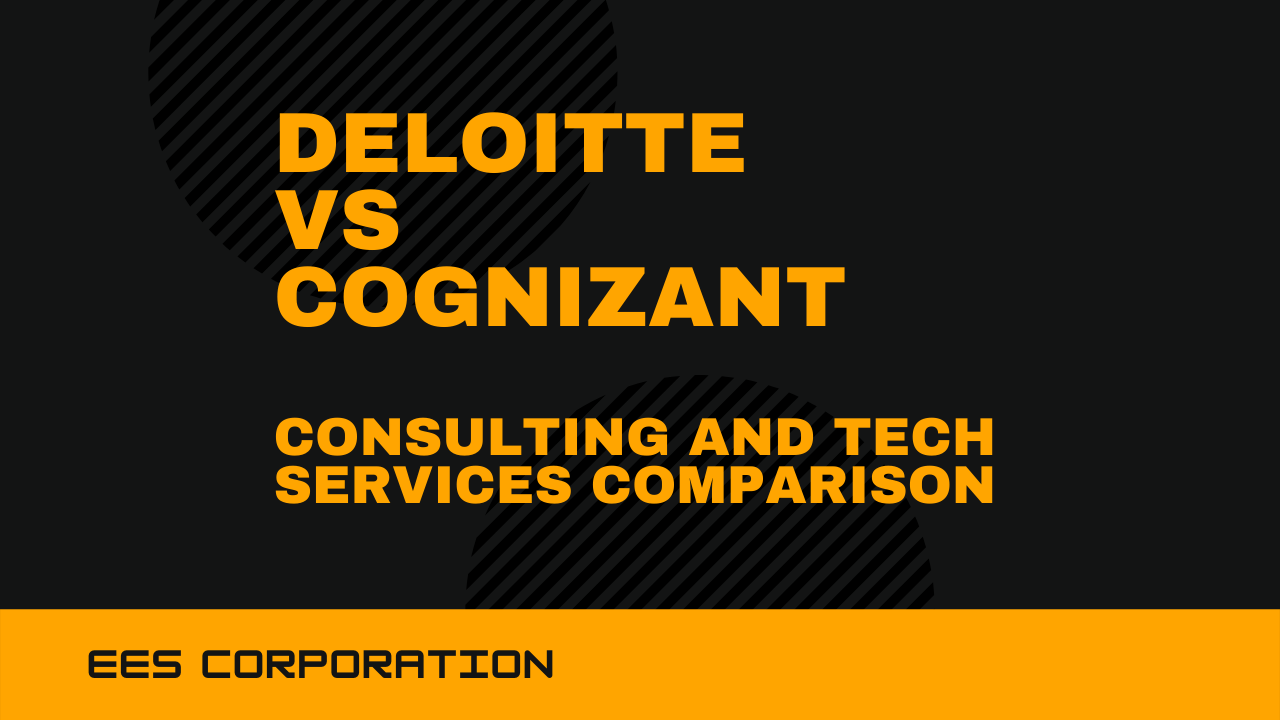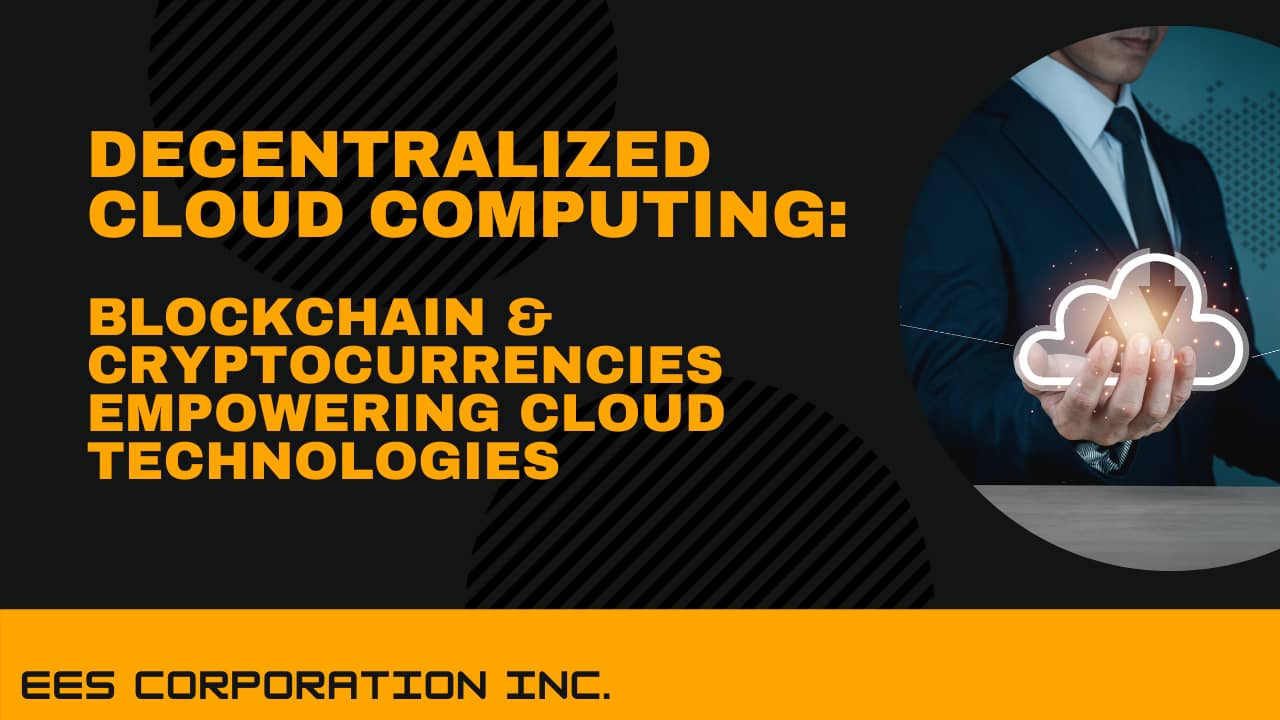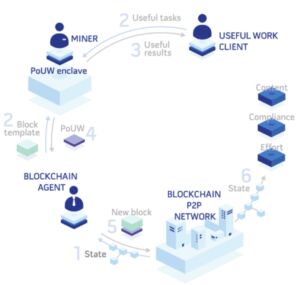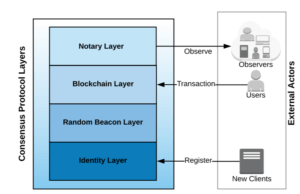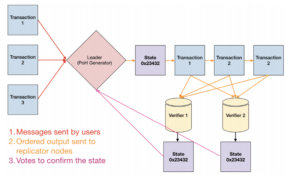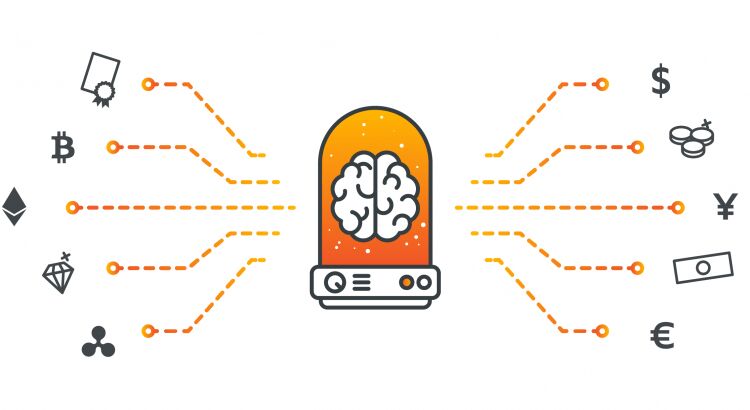Blockchain Decentralized networking platforms built on blockchain protocols/platforms that enable the development of applications and smart contracts are known as social media. Some of the blockchain protocols that support the development of social media DApps are Ethereum, Steem, and Stellar, to mention a few. Because Blockchain social media networks are decentralized, there is no central proprietary authority in charge of all data. Instead, the data is distributed across servers at each network node in a homogeneous and decentralized manner. If you want to know more about blockchain-based social media platforms, keep reading.
In recent years, mainstream social media sites have prompted debate. Major platforms like Twitter, Facebook, and YouTube can censor users and content, even if they want it.
They can also demonetize material and restrict money flow on their own. These issues can be solved with blockchain technology. By keeping user content on a blockchain’s immutable ledger, social media ventures can avoid censorship. They can also provide users control over incentives and reputation points by encrypting the data and transferring it via unstoppable crypto transactions.
Society2 on IOTA
Society2, a new social media site built on the IOTA blockchain and its IOTA Streams technology, will launch soon. Using blockchain technology, users will have more control over their data and privacy and the ability to earn free IOTA tokens by watching ads. Developers can also use Society2 to create new platforms.
Society2 unveiled its goals, stating that it aims to be one of the first decentralized social media networks with broad appeal. The development team hopes to create an early prototype by Q3 2020, although no firm release date for the platform has been set.

Peepeth
Peepeth is a microblogging platform on a decentralized social media network. It’s a Twitter clone, but don’t be fooled by its appearance. Peepeth’s monetization approach, mission, and backend technology are worlds apart from previous “free” services. It’s taking something you’ve gotten accustomed to and know how to use – and making it available to the rest of the world.
Peepeth is based on the Ethereum network, and like all dApps, it takes a modest amount of Ether to participate. That is, it is not “free” and does not conceal expenses from users. Using Peepeth costs the equivalent of a few American cents for an entire day of everyday interactions.
This platform, created by Bevan Barton, was released on March 27, 2018. Peepeth is an open-source smart contract with a frontend that can be accessed at Peepeth.com.
Some of the critical features of Peepeth include:
- Transparent
- Can hide user identity
- All the posts are stored on the blockchain
- Interaction with contracts for decentralization
Sapien
Sapien is a social news platform based on the Ethereum blockchain. It’s incredibly adaptable and democratic. Web3, a social network that compensates content creators and puts consumers back in control of their data, combats fake news. Sapien is a social news platform based on the Ethereum blockchain. It’s incredibly adaptable and democratic. Web3, a social network that compensates content creators and puts consumers back in control of their data, combats fake news.
Users can stake SPN tokens in Sapien’s engine and get tokenized rewards for making comments, voting on posts, and generating content. On this decentralized social network, users have complete control over their time and data.
Steemit
Steemit is a platform for user-generated content and community building that blends blockchain technology, social media, and cryptocurrency. The social community creates and curates content in exchange for 50 percent Steem Power and 50 percent Steem Dollars. It is one of the most prominent blockchain social networks of all time, and it was founded on the Steem blockchain. Steemit is a platform for user-generated content and community building that blends blockchain technology, social media, and cryptocurrency. The platform features elements that are similar to Facebook and Reddit in terms of functionality.
Based on involvement and ‘upvotes’ on content, the steem system automatically distributes Smart Media Tokens to the producer (SMT). Users on this platform have earned over $59 million for their material, according to Steem Stats. Furthermore, the Steemit whitepaper predicted a whopping 6 million transactions per second, far higher than Bitcoin and Ethereum’s current TPS. Writers and content providers who wish to monetize their work should use Steemit. In February 2020, Tron purchased Steemit.
Diaspora
Diaspora is a distributed social network that users for users run. It comprises a collection of self-contained nodes (known as pods) that build a network. Because a single person or company does not own a social network, it is immune to corporate takeovers and advertising. “Our distributed design guarantees no big corporation will ever control Diaspora,” the project’s creator claims.
Diaspora is a distributed social network that users for users run. It comprises a collection of self-contained nodes (known as pods) that build a network. Because a single person or company does not own a social network, it is immune to corporate takeovers and advertising. “Our distributed design guarantees no big corporation will ever control Diaspora,” the project’s creator claims. Furthermore, individuals of the Diaspora’s “community,” as they refer to it, can follow hashtags in the same way on regular social media sites.
Diaspora is built on three critical factors in terms of functionality and structure.
Decentralized Network
The Diaspora network is based on dispersed servers that are owned and operated separately. It guarantees that the system is entirely decentralized, with no data being held on a single server.
Liberty To Hide Identity
Users do not need to divulge their genuine identity to participate in the Diaspora community. The user might also choose to reveal personal information such as their phone number. Apart from being free to use, the software gives users complete control over how they connect.
Security and Privacy
A unique Diaspora feature called ‘Aspect’ allows users to have complete control over their data and distribute it at their choice. Furthermore, users do not sign off their data rights, either to Diaspora or to any other third party, when they sign up for the community.
Conclusion
On the one hand, traditional social media’s popularity is skyrocketing due to the enhanced marketing and entertainment opportunities it provides to its users. On the other side, concerns about data and privacy breaches linked to these sites are growing.
The blockchain-based application puts the interests of the users ahead of the corporation. In the not-too-distant future, people will be able to operate these applications. We hope you have gotten an idea about the best blockchain-based social media platforms now.
Furthermore, because there is no centralized authority, users on these networks have more privacy. As a result, the freedom of speech and expression is preserved. People are spared the agony of being persecuted for their opinions on social media. Users can earn cryptocurrency by posting and interacting on most decentralized social networking platforms.
Note: As an Amazon Associate we may earn from qualifying purchases.



